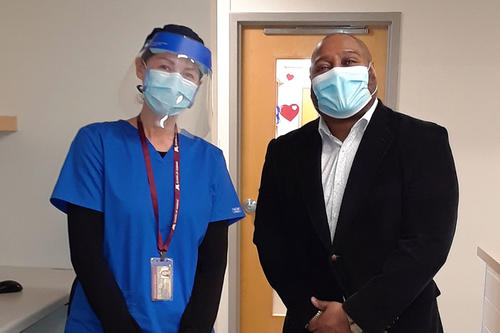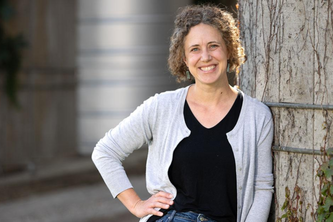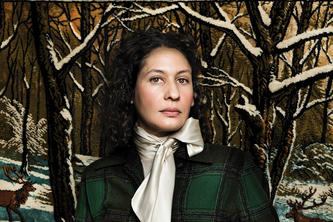
As the fight against COVID-19 becomes a charge to quickly vaccinate Minnesotans—especially the most vulnerable—there remain key shortages, both in vaccine supplies and the people to administer them, especially to underserved populations.
Enter the U of M’s Medical Reserve Corps (MRC), which since 2004 has been responding to health emergencies like this.
Since mid-February, MRC volunteers have been deployed to seven Federally Qualified Health Centers (which provide primary care services to the state's most vulnerable individuals) in the Twin Cities to help administer COVID-19 vaccines. According to Kathy Berlin, the MRC’s coordinator, their roles and responsibilities span the full range of the vaccine operation, including greeters, ushers, registration and data entry clerks, waiting room monitors, language interpreters, and vaccine injectors.
More than 100 MRC members have volunteered for regular shifts, with a commitment of at least six weeks, and Berlin anticipates that the need—and the MRC’s help—will continue into the summer.
“We are continually recruiting for this team because it’s such a great need,” she says, “and we feel very committed to these underserved communities.”
"It’s definitely been a moment of real human connection, even with the masks." — Hilary Hooberman
“Getting the COVID vaccine into the arms of the most at-risk and most exposed populations in Minnesota is a critical step in the fight against COVID," says Reuben Moore, president and executive officer of Minnesota Community Care, "and we are happy to have partners like the Medical Reserve Corps ramp up our vaccination efforts.”
The skills of MRC members mesh well with the needs of those communities, notes Sarah Hoffman, an assistant professor at the U of M’s School of Nursing who has been a vaccine injector at a Minnesota Community Care clinic in St. Paul. “With so much focus on the shortcomings of the vaccine rollout, supporting a highly skilled health care team working effectively to meet the COVID vaccine needs of the community it serves has been reassuring and very fulfilling,” says Hoffman.
The experience can be especially rewarding for students, who see firsthand the gratitude of vaccine recipients. Hilary Hooberman is a third-year veterinary student and president of the Student Initiative for Reservation Veterinary Services, and for five weeks has been helping in the post-injection waiting area at the Minnesota Community Care clinic in St. Paul.
“It’s been amazing; it’s been wonderful being there,” says Hooberman. “I’ve had a lot of great conversations with people about how they’re excited to be getting the vaccine and feeling safe again to go back and see their family and friends. ...
“It’s definitely been a moment of real human connection, even with the masks.”
________________
A look at the MRC
The U of M’s Medical Reserve Corps counts more than 2,400 members, including students, faculty, and staff from the Medical School, Schools of Nursing and Public Health, Colleges of Pharmacy and Veterinary Medicine, and other health sciences. More than half of MRC members don’t hold a healthcare license, but are critical to the success of COVID-19 vaccinations.
The U of M’s MRC—unique in its inclusion of students—is the largest in the state and among the largest in the country. Back in November, the MRC was instrumental in the U of M’s mass two-day COVID-19 testing event at the Field House on the Twin Cities campus.





